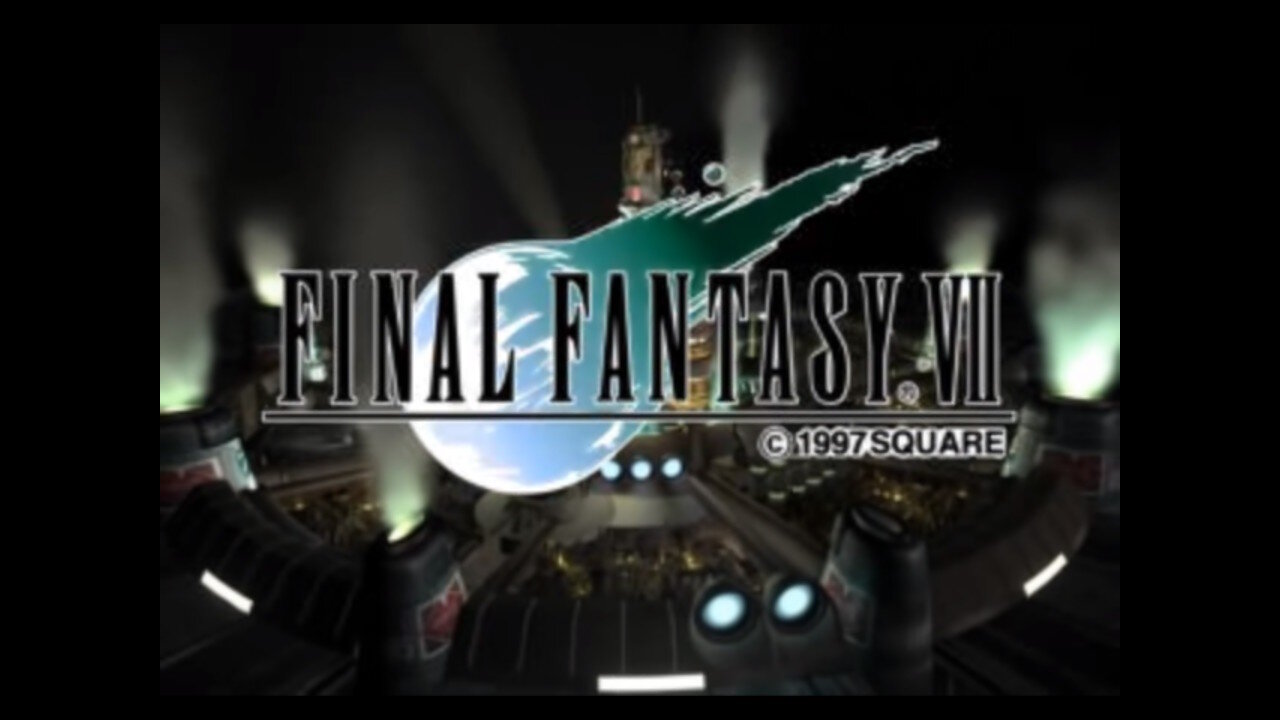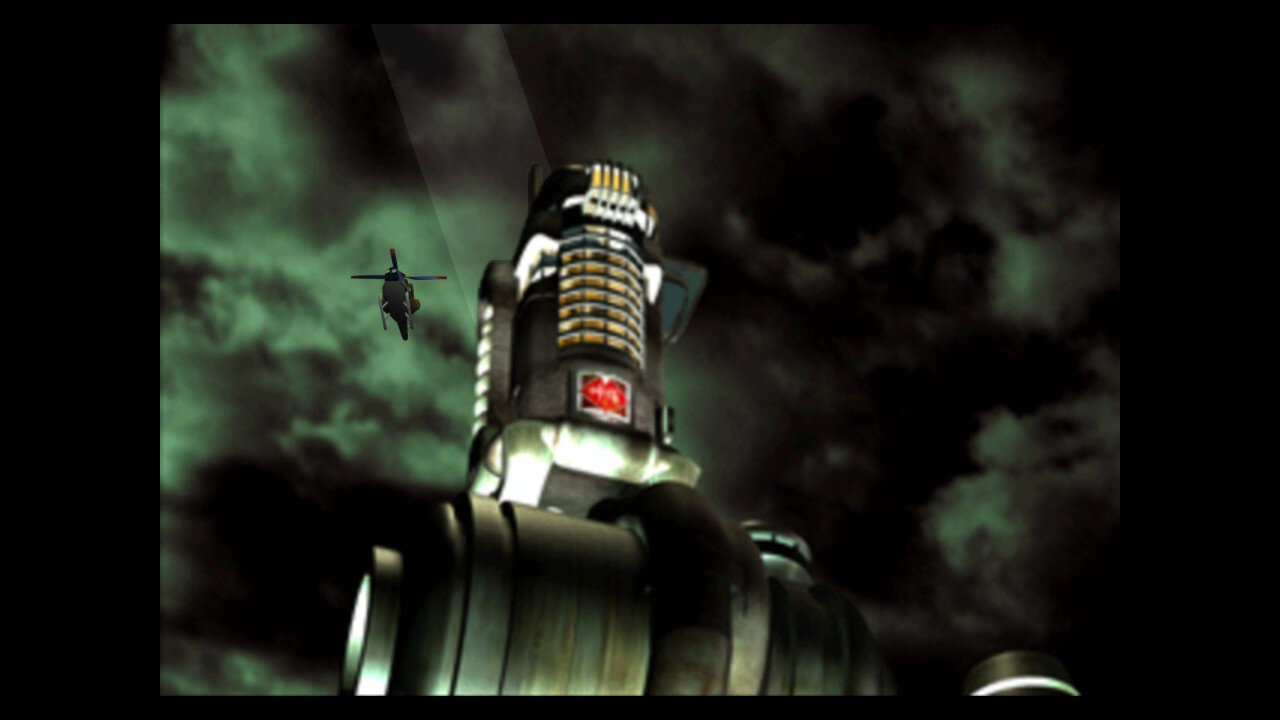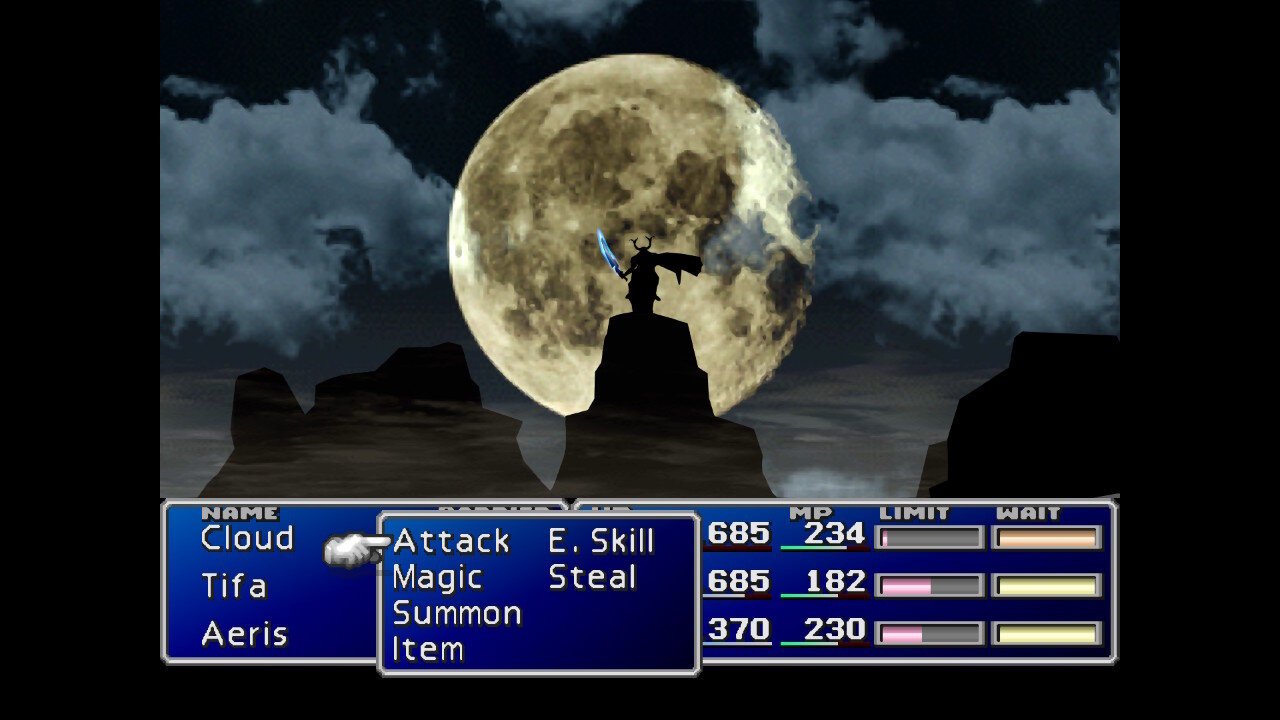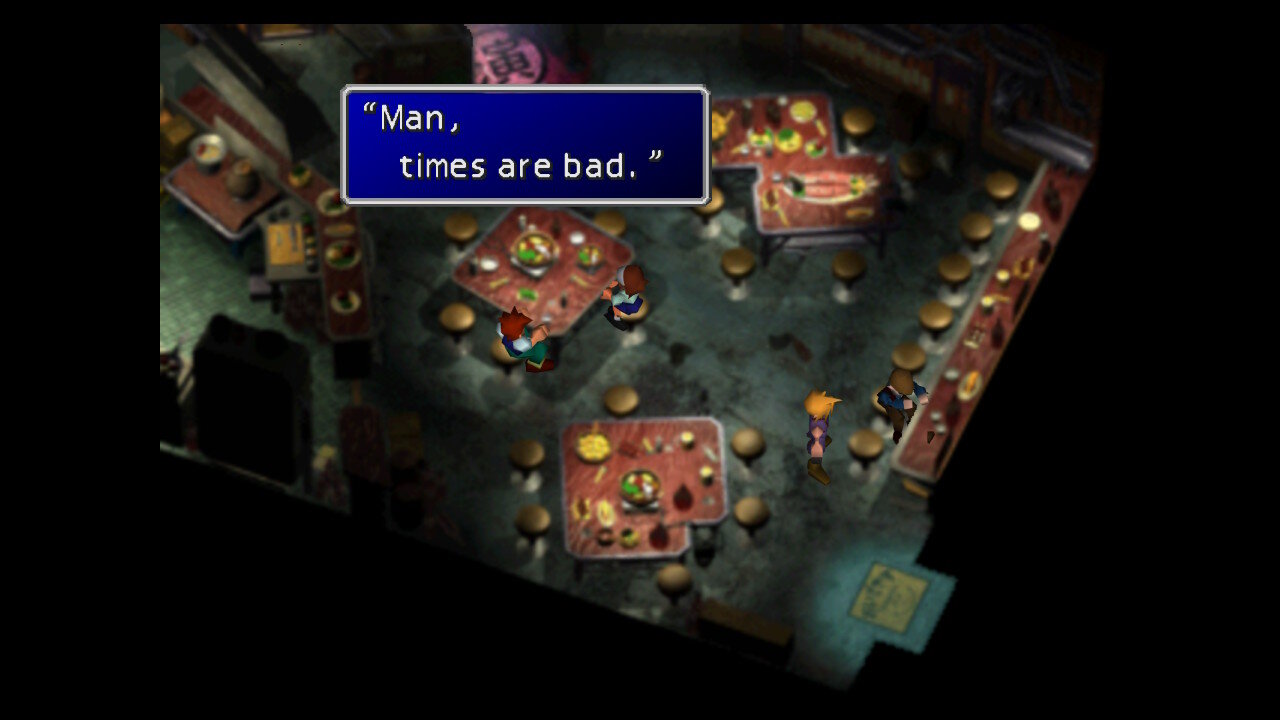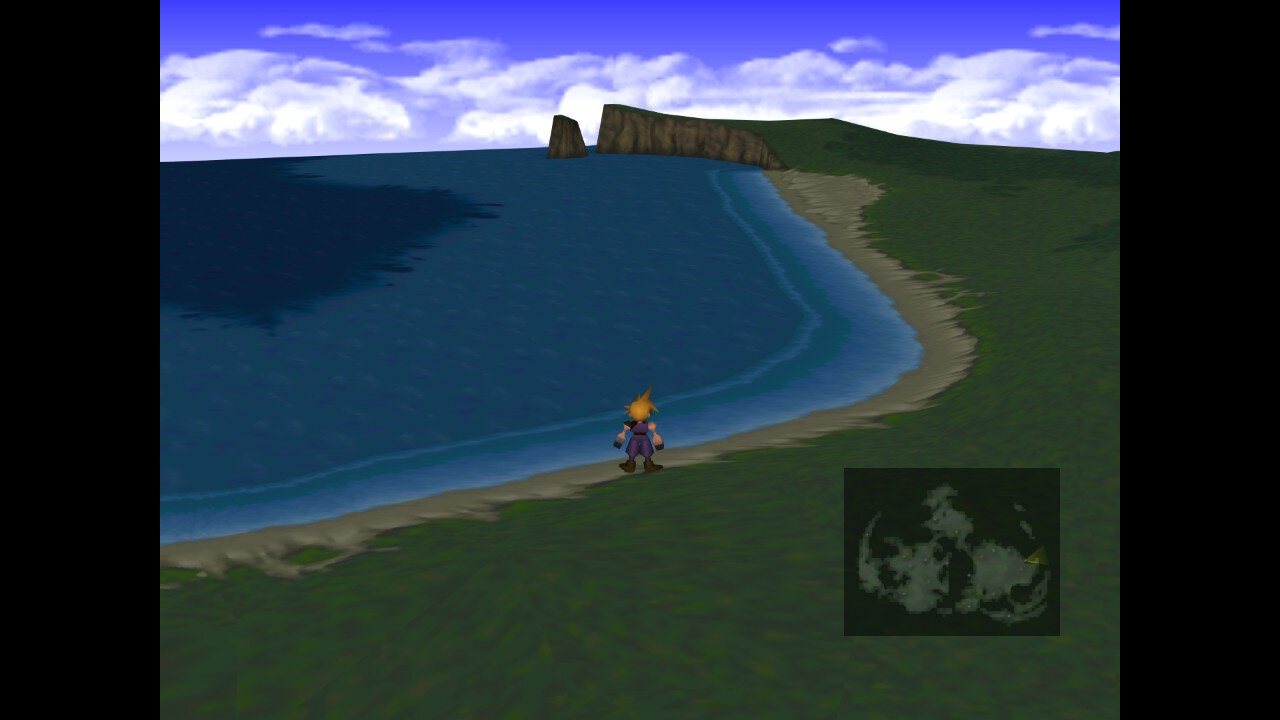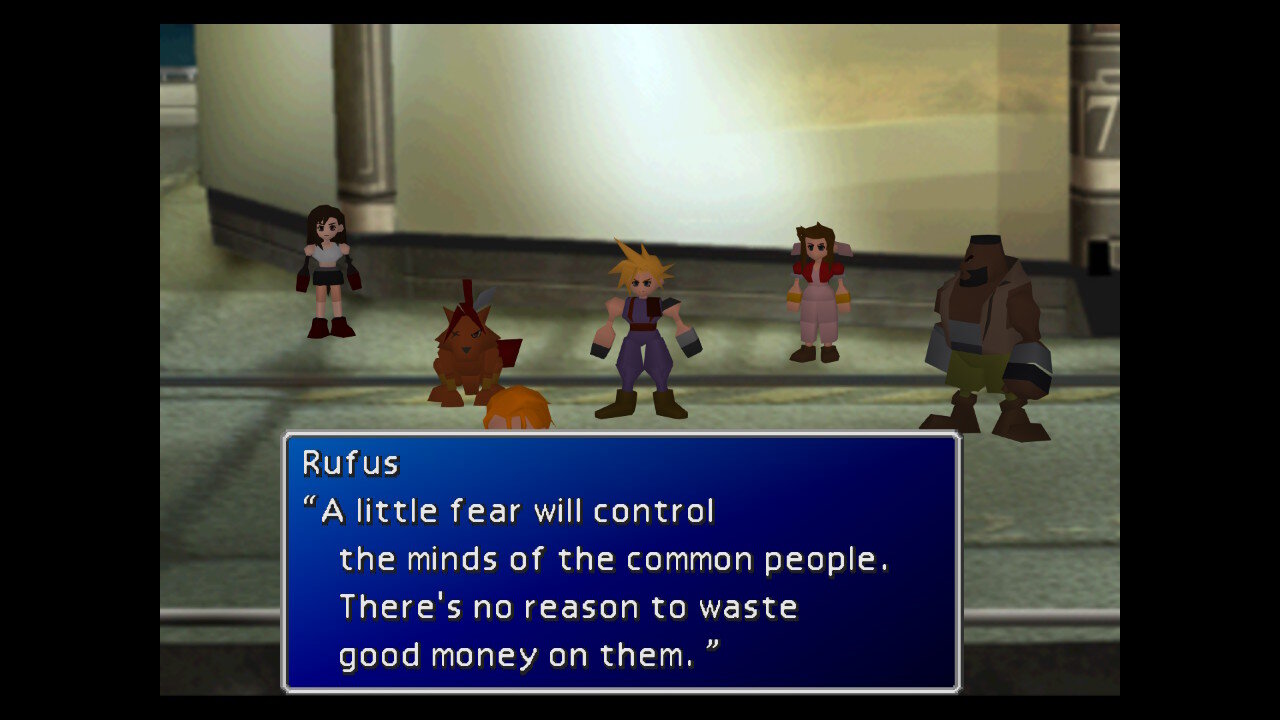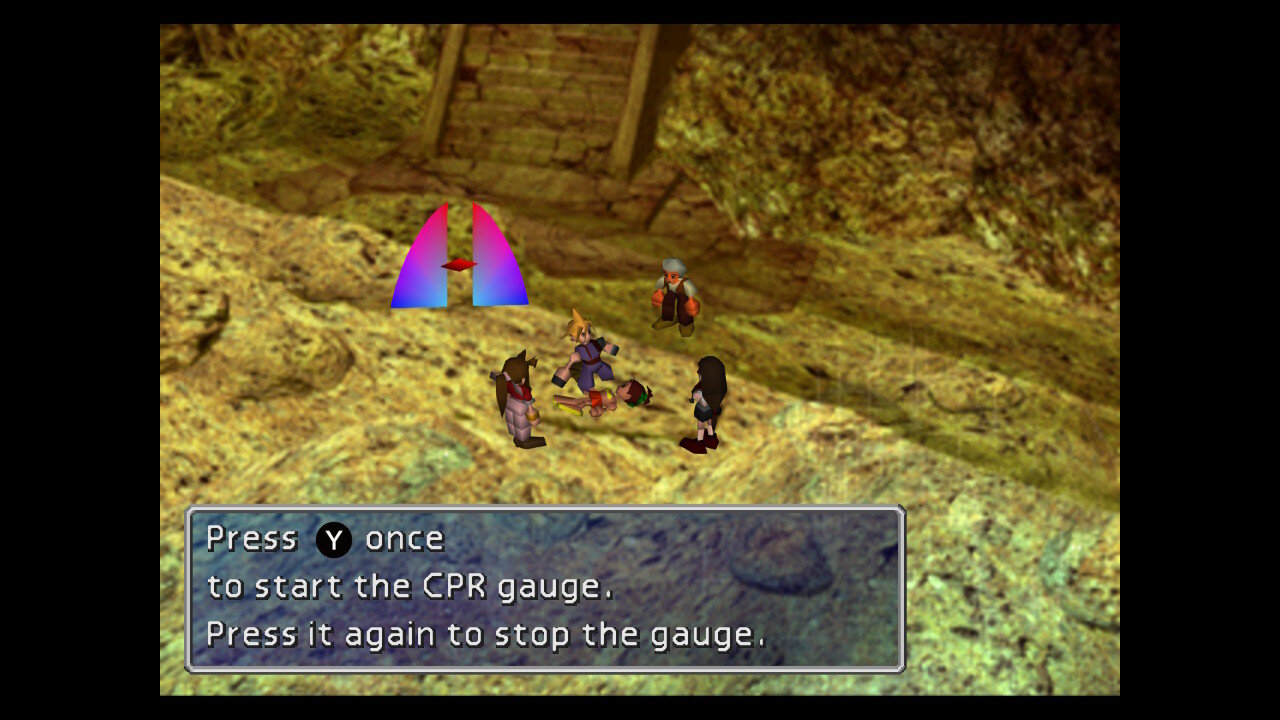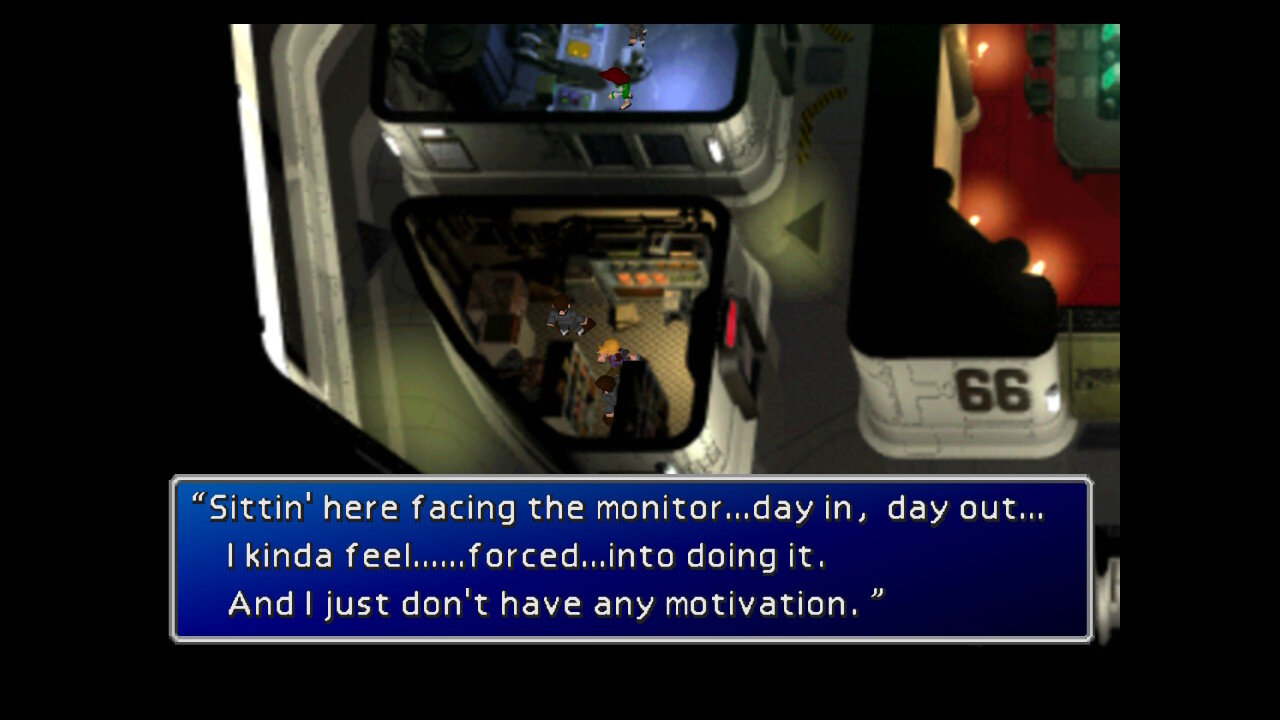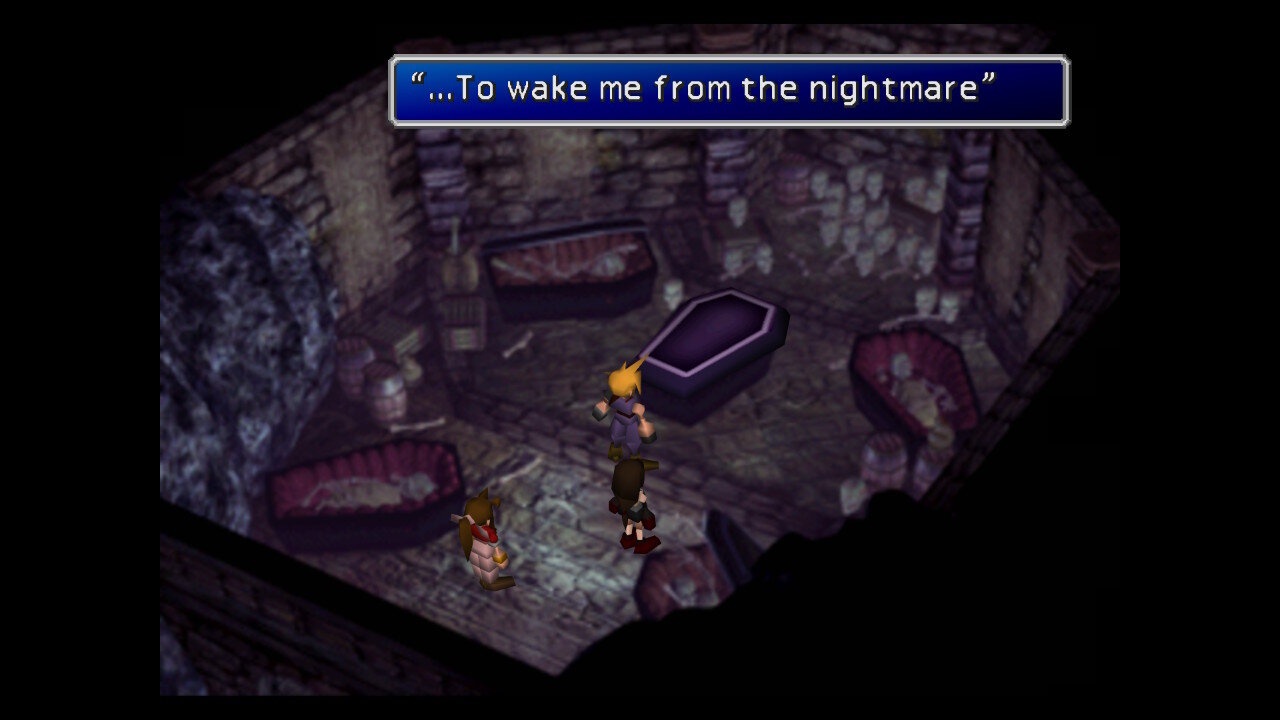Final Fantasy VII is the most important PS1 game
I was reading Matt Alt’s book “Pure Invention: How Japan's Pop Culture Conquered The World” recently, and it begins with a curious anecdote. Alt describes the opening cinematic of Final Fantasy VII, goes into extensive detail about the US marketing campaign, and explains the incredible success the game enjoyed post-launch. Despite its rushed translation and extreme Japaneseness—in fact, possibly because of those traits—FF7 was a megahit, an instant worldwide sensation.
But why would one begin a book about Japanese pop-culture, spanning history from World War II to present, with that particular game? Why not open with talking about Pokemon or Dragon Ball? Because as Alt notes, Final Fantasy VII was an inflection point in the cultural landscape; the precise moment where something could be unabashed Japanese and still be the epitome of cool.
It hadn’t always been like that. The first Japanese cartoons brought over to US—stuff like Astro Boy, Speed Racer, Gatchamam, etc.—always changed their titles and did their best to not be associated with Japan. Even into the 90’s when FF7 came out, popular anime series like Dragon Ball Z and Sailor Moon received many changes for “westernization” purposes, and then still only saw limited release in syndicated TV time slots. Media from Japan was pretty niche.
Within video games specifically, association with Japan wasn’t actually a hindrance. Especially after Nintendo single-handedly revitalized the home console market, and then Sega arose as their main rival. Plus of many the best game studios—Capcom, Konami, Namco, SquareSoft, etc.—were Japanese companies. So when it came to video games, Japan had already become synonymous with quality.
Even so, cartoons and video games were thought to be kids’ stuff. As you grew into adulthood, you were supposed to shed these toys and focus on more grown-up interests. If you were, say, in high school, and still spent all your free time playing video games, you weren’t cool. Admittedly, some folk might have considered it permissible, just as long as you were playing sports games. But RPGs—actual role-playing games?—No no no…no one thought that was OK. Except that, secretly, many of us did actually think RPGs were cool.
And many of us already thought that Japanese animation was cool. We thought Dragon Ball Z was rad. Hell, a lot of us would even watch Sailor Moon given the chance. As soon as you saw Akira for the first time, you never looked at Japanese animation the same way again. And by the time someone lent you their VHS bootlegs of Neon Genesis: Evangelion, your full transformation into an anime nerd was complete! But well before Toonami wielded the likes of Cowboy Bebop to fully bring the anime-love train into the US station—and basically invented the musical genre of Lo-Fi Hiphop in the process—there needed to be a spark of interest.
For an entire generation of kids, their first taste of that distinctly Japanese anime aesthetic was Final Fantasy VII. It was the breakthrough; and not just in the US but globally. Before FF7, anime wasn't seen as particularly popular or interesting. After FF7, almost everybody agreed it was freaking cool.
Even though some would argue that Final Fantasy VI (III on SNES) was a better game—and those people would be correct—it doesn’t matter, because VII was cooler than VI. A big part of the allure was the newfangled 3D graphics and cinematic rendered “full-motion video” cutscenes. The first Final Fantasy game debuting on the upstart Sony PlayStation and not a Nintendo console, VII pulled out all the stops to show off their sheer technical prowess.
The game’s anime aesthetic marked somewhat of a new direction for the series. Previous games had featured gorgeous, dream-like character art by the insanely talented Yoshitaka Amano, and cutesy chibi sprites in-game which read exceptional well in 2D, both 8-bit & 16-bit. However, FF7 went with Tetsuya Nomura as the principal character designer, bringing a look to character illustrations more akin to modern anime. And this, I think, is where FF7 marks a cultural shift.
If you were on the Internet of the late 90’s then you almost certainly encountered discussions of FF7 online. If not game tips and walkthroughs, you’d surely see art from the game, hear midi tracks from the score, and find tons of references in the smaller details—from blog titles to avatar images to usernames—it was ubiquitous. I must have interacted with hundreds of emo kids online whose handle was some variation of “sephiroth777”. Both Geocities and Angelfire were completely awash in FF7-related content.
This game (and its characters) was everywhere! Even though there have been many, many Final Fantasy’s, it’s VII that is clearly the most popular. Square even started putting Cloud & friends into other games just to boost their profile. Like, did Final Fantasy Tactics have cameos with specific characters from other FF games? I’m pretty sure it was just VII. (And do you remember Ehrgeiz? It was actually pretty fun.) In 2005, they even produced a CGI movie to act as an official sequel to the game’s story with Final Fantasy VII: Advent Children.
Now I’ve long held the theory that FF7 is a particularly momentous game. Even before Square Enix rolled out their Final Fantasy VII Remake for PS4 earlier this year (or at least the first chapter of it anyway), I felt that the title was a major touchstone in pop-culture. And then Nintendo went ahead and announced that the latest DLC fighter to be added to Super Smash Bros Ultimate would be Sephiroth, and it was suddenly undeniable. Also the entire internet lost its collective mind.
Now how is it that the antagonist of a 23 year old game—an aloof, glam-rock, 90’s emo, bad boy—would generate this much buzz? Especially for appearing in Smash Bros, the biggest crossover game ever, with like 80 playable characters? Why is this Depeche Mode Swordsman the pinnacle of hype?
Because Final Fantasy VII is such an important game to so many people. It’s quite telling that with 15 numbered Finals Fantasy, plus a huge number of sequels and spin-offs, the only two Smash fighters representing the series both come from VII. Of course they do! I mean, is literally anyone upset that Squall from FF8 hasn’t gotten a shot? I doubt it.
OK, so while I’m talking about FF7, I decided to purchase this game on Switch and revisit the PS1 classic from the comfort of a modern console. So I guess I’ll provide a few thoughts here and call this a review….
Revisiting Final Fantasy VII in 2020
First of all, after all these years, the music is still amazing. Seriously, it’s hard to express just how perfect the score is. Nobuo Uematsu is an absolute legend! This game is worth returning to for the music alone.
Playing on the Switch, I found the pre-rendered backgrounds to be surprisingly blurry in HD. The polygonal models look quite sharp—and the deformed characters still look pretty weird—but the backgrounds are very soft. I’m a little surprised these weren’t cleaned up somehow, but maybe that’s actually a ton of work to do. I found myself really needing to use the Select Button guide to know where I can walk, what I could interact with in the environment.
Hahaha…Wow, these characters feel extremely 90’s. This is especially true of Cloud and his overdone ‘I don’t care’ attitude. Good thing they put a few mild curse words up front, just so you know is a game isn’t for wimpy little kids!
The heavy themes in the story—conservation of nature, the horrors of war, oppression/manipulation of the masses by corporate overlords—feel even more relevant in 2020 than they did back in the 90’s. I especially love that you’re straight-up ecoterrorists fighting against an exploitative corporate oligarchy. Oh yeah, I feel that!
I’m surprised how fast the game gets genuinely weird. Not like quirky either; just plain weird. I’d forgotten about the “Don” and the crossdressing bit, or how overly uncomfortable Cloud is with it the whole time. It happens in like the first hour, before the story has really gotten rolling.
After you get out of Midgar and the game opens up to the wider world, FF7 instantly goes from feeling like Blade Runner to a normal Final Fantasy game. Which is fine, in my opinion; though you never see much of that in the advertising. Hook them with the Sci-Fi, slap them with the Fantasy, wow them with a summon spell cinematic or two, then break their hearts with a tragic loss. Boom!—fans for life.
Speaking of the summon spells, they take far too long. And I haven’t even seen Knights of the Round yet! Eventually FF games would let you skip these things, which would be a nice adjustment. Besides that aspect though, I would say that battles are surprisingly fun somehow. I genuinely enjoy them! The character models during battles look fantastic too. And the “active battle” timer does manage to make everything feel a little hectic/chaotic, a bit out of control.
Mike had always said that VII has too many minigames, and it made the game feel random, disjointed, and kinda hard to follow. While I used to think he was being a tad overcritical, I now see that he was 100% right! FF7 is, in fact, jam-packed with minigames from start to finish. It’s actually kind of staggering; why so many?! Granted, the motorcycle escape sequence is cool, and snowboarding bit is pretty fun, I guess. But there are so many others here, and several of them are not what you would call “action packed”. It’s like the developers threw absolutely every idea they could think of against a wall to see what would stick.
They even put a CPR minigame in here! (And it blows.)
Speaking of minigames, playing through now, I honestly hate the Gold Saucer. I can’t remember what younger me had thought of this place before, but it pretty clearly sucks.
The roster of characters is pretty fantastic though, even the expanded cast beyond your party (Zack, the Turks, etc). Especially Tifa, who doesn’t even need a real weapon to kick some serious ass. Cait Sith, though, is a genuinely dumb character. I hate him even more than Gold Saucer.
All in all, I think FF7 is still worth playing today. It actually holds up much better than I would have expected, and the mechanics are still fun. (The Materia system is honestly pretty great.) Plus, the Remake will inevitably be its own thing, an entirely different experience, so the original is still a must-play in my book. Especially since it’s the most important PS1 game of all time.
To wrap up:
I remember playing Final Fantasy VII for the first time back in Eighth Grade. Some of the other kids had already played it, and my friend James was particularly knowledgeable about the game. I used to talk to James about it all the time, and he’d tell me secrets and give me tips. He was a veritable font of wisdom when it came to RPGs.
One day, James asks me where I’m at in FF7 and I say that I just made it to the “City of the Ancients” or whatever. This other kid, Jacob, butts into our conversation and says, “Oh shit, you’re at the Forgotten City? That’s where Sephiroth kills Aris!”
James did his best to wave off what Jacob was saying as a bad joke, trying to preserve the biggest surprise of a story I was experiencing for the first time. But with each effort James made, Jacob doubled-down, providing more and more detailed descriptions of how Sephiroth shockingly murders Aris by dropping down from the ceiling and stabbing her through the torso with his gigantic daikatana. Eventually he was basically acting out each motion, recreating the scene for all to see.
Jacob was a bit of blowhard though, and not exactly known for being the sharpest tool in the shed. I hoped this kid was just making it up. Plus nobody ever dies in Final Fantasy games, right? I mean, you could just use a phoenix down to bring your comrades back to life!
After school, I went straight home, booted up the PlayStation, and loaded my save file. I started right there at the Forgotten City. As Cloud neared Aris, who knelt praying, the game immediately went into a cinematic.
Exactly as Jacob had described, Sephiroth swooped down out of nowehere and skewered Aris on his sword, killing her instantly. This left me in completely shock. Both because of what had happened in the game, and also because Jacob had managed to spoil the twist for me earlier that day!
That was the first experience with a true spoiler, in like 1997. Oh yeah, and uh…SPOILER WARNING, I guess. (Oops.)

